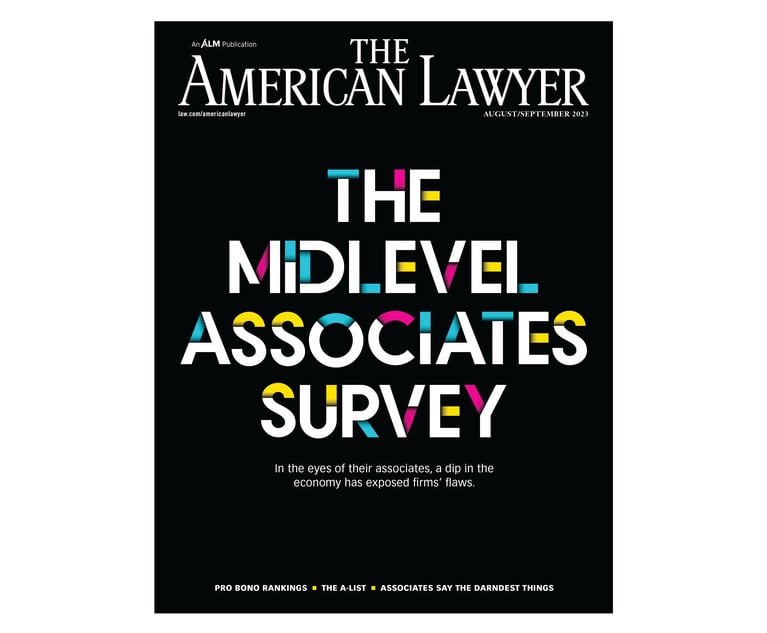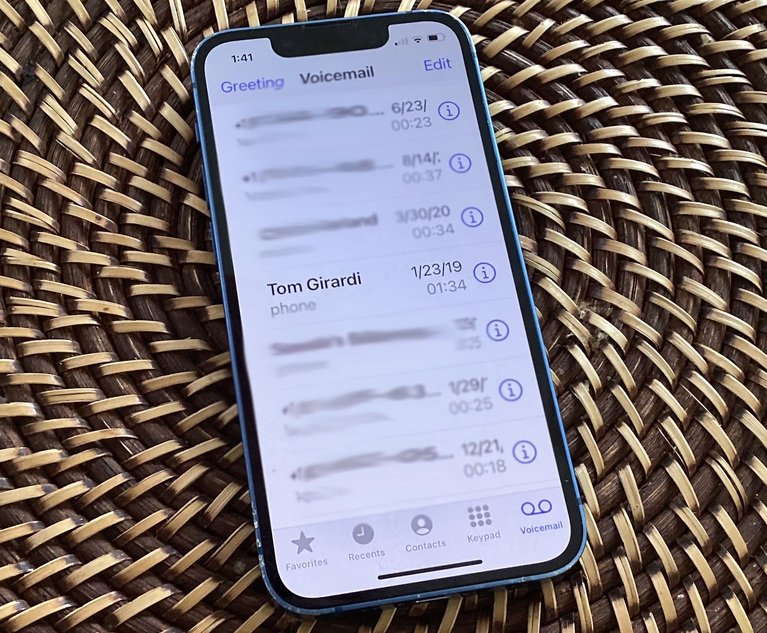Imagine the following scenario: You are newly engaged to represent a client in a putative class or collective action. Naturally, you want to gather information in order to learn more about the claims and potential defenses in the litigation—so why not begin by conducting interviews of the putative class or collective action members?
Despite the desire to be proactive, attorneys do not have an unlimited ability to speak with putative collective and class action members. Counsel’s communications will be governed by the Supreme Court’s decision in Gulf Oil v. Bernard, which held that an order limiting communication between attorneys and prospective class members “should be based on a clear record and specific findings reflecting a weighing of the need for a limitation and the potential interference with the parties’ rights. … [S]uch a weighing should result in a carefully drawn order that limits speech as little as possible, consistent with the parties’ rights. … The mere possibility of abuses in class-action litigation does not justify routine adoption of a communications ban that interferes with the formation of a class or the prosecution of a class action in accordance with the Federal Rules,” in Gulf Oil, 452 U.S. at 90.
This content has been archived. It is available through our partners, LexisNexis® and Bloomberg Law.
To view this content, please continue to their sites.
Not a Lexis Subscriber?
Subscribe Now
Not a Bloomberg Law Subscriber?
Subscribe Now
LexisNexis® and Bloomberg Law are third party online distributors of the broad collection of current and archived versions of ALM's legal news publications. LexisNexis® and Bloomberg Law customers are able to access and use ALM's content, including content from the National Law Journal, The American Lawyer, Legaltech News, The New York Law Journal, and Corporate Counsel, as well as other sources of legal information.
For questions call 1-877-256-2472 or contact us at [email protected]







